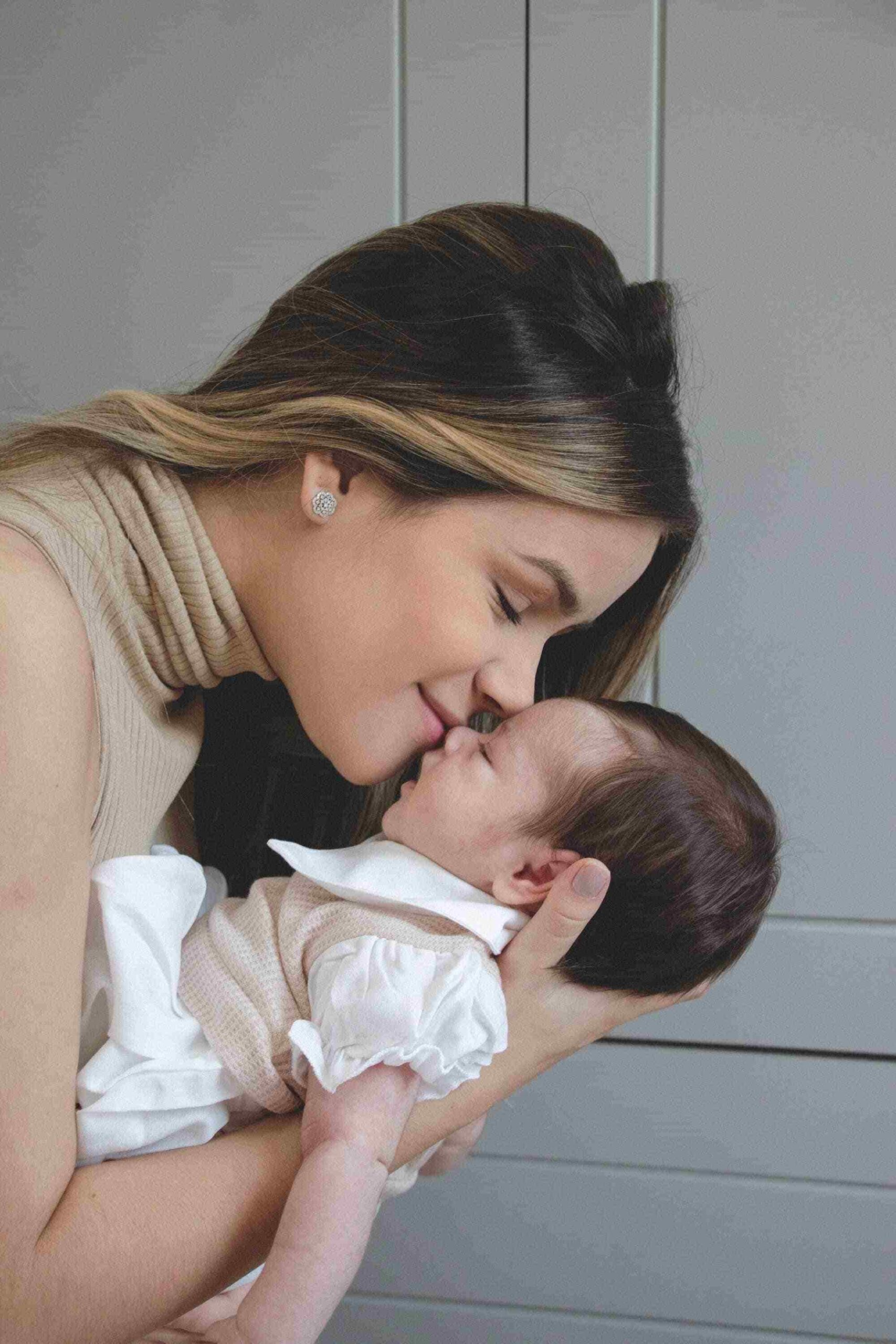The five stages or aspects of grief
Psychiatrist Elisabeth Kubler-Ross first introduced the concept of five stages of grief in her 1969 book \”On Death and Dying.\” Her research primarily focused on the experience of individuals facing their mortality, but the stages of grief she identified have since been applied to a broader range of losses. It is important to note that these stages do not necessarily occur in a linear or predictable sequence. Some people may experience some stages more intensely than others or cycle through them multiple times before reaching acceptance. Therefore, the stages can also be thought of as ‘aspects’ of the grief process that may occur sequentially or simultaneously. Let us look at each aspect.
Denial
Denial is often the first natural reaction to loss. In this stage, you may feel shocked or numb and have difficulty accepting the reality of the loss. It is a normal and understandable response to refuse to believe that the loss has occurred or to try to minimise the impact.
Anger
As the reality of the loss sets in, you may feel angry or frustrated. Some individuals may direct their anger towards themselves. Others naturally look for who might be to blame for what feels like an unjust and senseless tragedy. It is crucial to recognise and find safe channels to express this anger.
Bargaining
In this aspect of the grieving process, we may try to ‘negotiate’ with a higher power or ourselves to change the situation or undo the loss. We may make promises or try to offer sacrifices in exchange for a different outcome. Often, we are trying to regain control in a situation that has left us feeling powerless.
Depression
As we slowly begin to accept the reality of the loss, we may feel overwhelmed with sadness, hopelessness, or despair. We may want to withdraw from others, lose interest in activities we once enjoyed, or experience physical symptoms such as fatigue or insomnia. This is often a critical time to reach out for help, be that a friend, family member or professional.
Acceptance
Eventually, we accept the loss and learn to adjust to a new reality. We may still experience some sadness or regret, but we increasingly gain a sense of peace, allowing us to move forward with our lives as they are now.
Navigating the grieving process
“Navigating the stages or aspects of grief can be a challenging and emotional process, but there are steps you can take to support yourself through this difficult time. Here are some strategies to consider.
Allow yourself to feel your emotions
Trying to avoid or suppress your feelings of grief can be tempting, but doing so can prolong the healing process. Instead, allow yourself to feel whatever emotions arise: sadness, anger, guilt, or confusion. Acknowledge and accept your emotions without judgment.
Seek support from others
Grief can be isolating, but you do not have to go through it alone. Contact family members, friends, or a support group for emotional support and understanding. Consider talking to a psychologist who can provide a safe, non-judgmental space to process your feelings.
Take care of your physical health
Grief can take a toll on your physical health as well as your emotional health. Make sure to priorities self-care activities such as eating nutritious foods, getting enough sleep, and engaging in regular exercise. This can help improve your mood and energy levels.
Practice self-compassion
Be gentle and kind to yourself. Remember that healing takes time, and taking things at your own pace is okay. Avoid self-criticism or self-blame and offer yourself the same empathy and understanding you would give a friend.
Create rituals or meaningful activities
Engaging in rituals or activities that hold personal meaning can help you honour the memory of what has been lost. Find ways of remembering and celebrating the value added to your life and how that continues to enrich your life today.
Grief has many faces
Grief is a complex and natural response to loss that encompasses a range of emotions and experiences, including sadness, anger, and, ultimately, some degree of acceptance. Our responses to loss can take many forms. Whether you have lost a loved one, a job, a relationship, or even a way of life, your experience of grief will be unique and personal to you. However, although the grieving process is complex and often confusing, understanding the common stages or aspects of grief can help you navigate the emotions and challenges you may face.
You do not need to ‘go it alone’
Remember that every person and grieving journey is unique, but that denial, anger and other complex feelings are normal reactions to loss. You do not need to go through the pain and confusion without support. If you are struggling, consider speaking to someone you trust or a professional with the skills to guide you through the grieving process.







